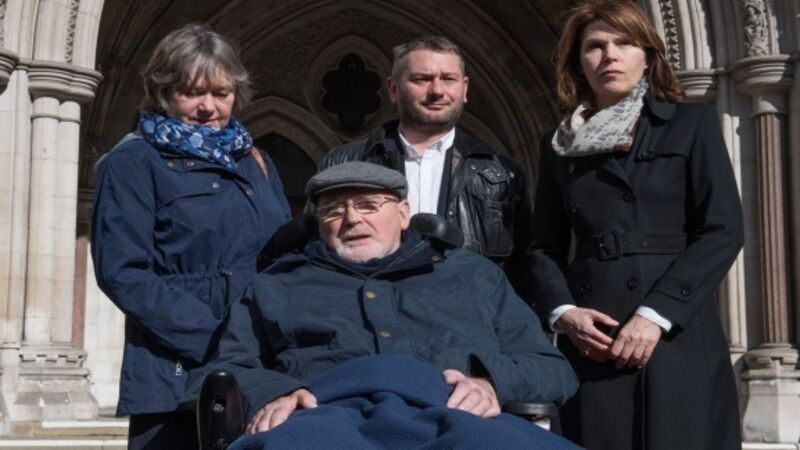Terminally ill man wins right to challenge assisted dying law

A man who is terminally ill with motor neurone disease has been given the go-ahead for a legal challenge against the law on assisted dying.
Retired college lecturer Noel Conway took his case to the Court of Appeal after he was refused permission to bring a judicial review over the blanket ban on providing a person with assistance to die.














